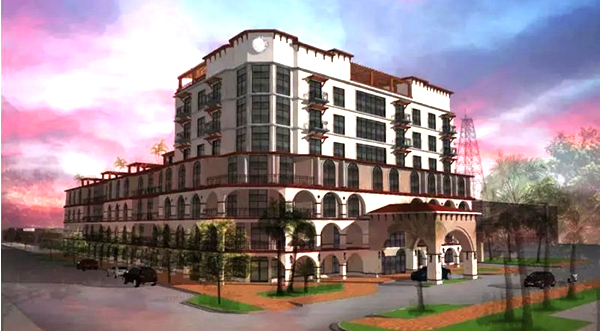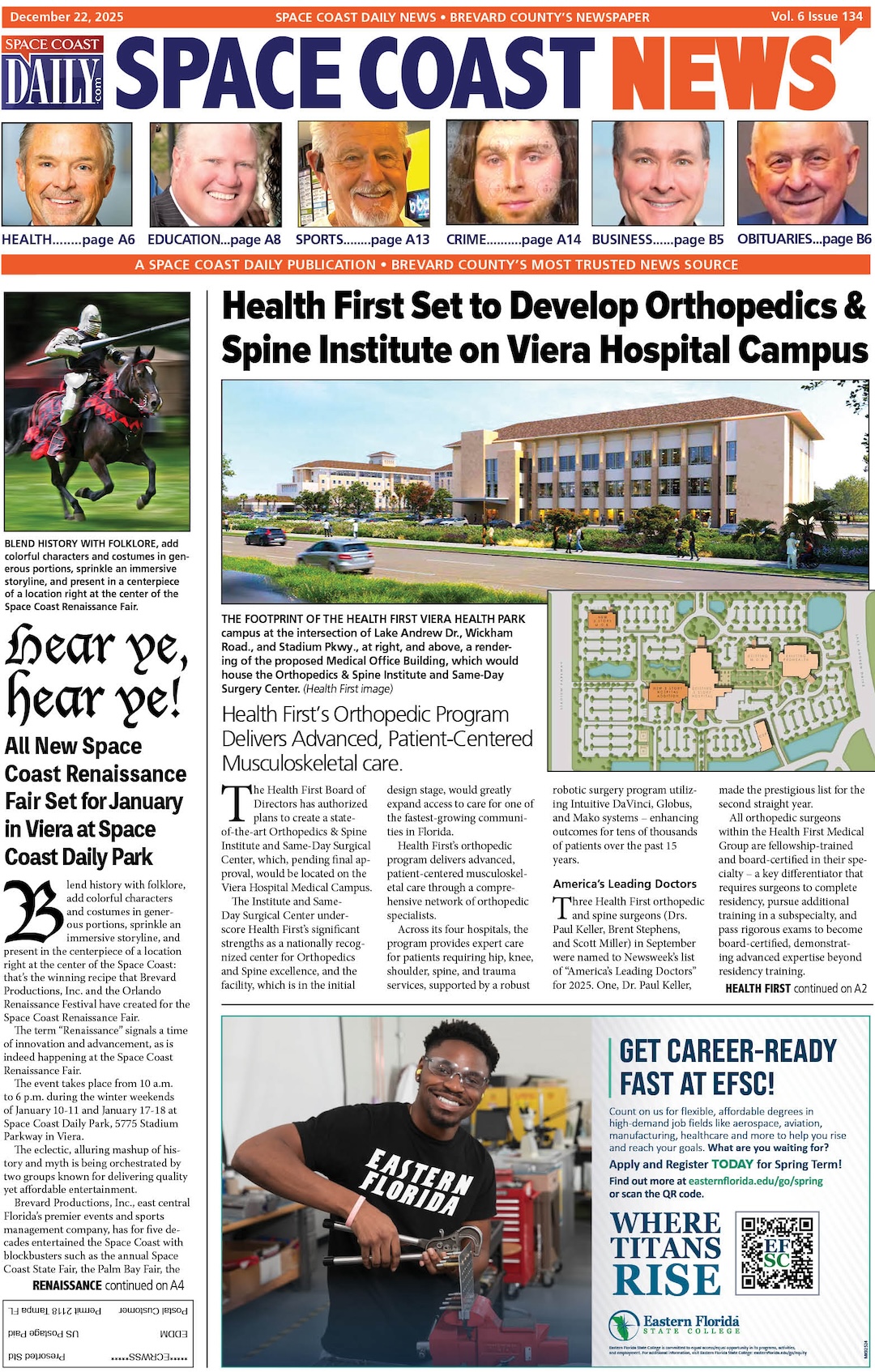Hotel Room Revenue Management 101: A Practical Guide for Busy Hoteliers
By Space Coast Daily // November 19, 2025
Hotel room revenue is never static, and neither is the process of managing it. Demand shifts, guest behavior evolves, competitors adjust their strategies, and distribution channels influence visibility and bookings hour by hour. For busy operators, developing a confident approach to hotel revenue management can feel overwhelming, especially when daily responsibilities already stretch across operations, staff coordination, guest satisfaction, and troubleshooting unexpected issues.
This guide breaks down the fundamentals in a way that’s approachable yet sophisticated, showing how modern hotel revenue management software and a well-structured hotel pricing strategy can help you regain time, improve decision-making, and raise profitability without adding complexity to your workload.
What Hotel Revenue Management Actually Means Today
Traditional hotel revenue management was once focused on seasonal pricing, intuition, and a patchwork of manual spreadsheets. While those methods worked in slower, less competitive markets, they no longer reflect how travelers book or how distribution channels shape demand.
Modern hotel revenue management involves:
- Understanding demand patterns and booking pace
- Analyzing guest segmentation and behavior
- Monitoring competitor rates
- Adjusting prices dynamically across channels
- Using data and not instinct to guide rate decisions
Why Busy Hoteliers Should Rely on Automation and Not Instinct
Most operators believe they’re pricing effectively, until they see how much revenue they gain when automation enters the picture. Human-led pricing is inherently limited. You can only check so many channels, update so many rate categories, and run so many reports before the day gets away from you.
A modern hotel revenue management software solution works in the background, collecting market signals, analyzing demand fluctuations, and recommending (or automatically deploying) rate changes at a speed impossible to match manually. The system isn’t replacing your judgment, it’s amplifying it.
Building a Modern Hotel Pricing Strategy That Works
A successful hotel room pricing strategy needs structure, consistency, and flexibility. Many independent hotels struggle because their pricing lacks one of these core components. With the right approach, your strategy becomes more predictable, more aligned with guest behavior, and far more capable of capturing high-value demand.
Key pillars of an effective hotel pricing strategy include:
1. Demand-Based Adjustments
Prices should move with booking pace, pickup patterns, day-of-week trends, seasonality, and citywide events. Static pricing weakens revenue potential, especially during high-demand moments.
2. Competitor Positioning
Keeping an eye on similar properties helps prevent underpricing during strong periods or overpricing when the market softens. Software streamlines this significantly, providing real-time benchmarking within your revenue management workflow.
3. Channel-Aware Pricing
Different channels attract different guests at different costs. A robust strategy accounts for distribution fees, audience types, and conversion performance.
4. Rate Integrity and Boundaries
Even dynamic pricing requires structure. Setting min/max thresholds protects brand value and maintains guest trust.
Each of these pillars becomes easier, and more accurate, when supported by hotel revenue management software that synthesizes data and turns it into clear, actionable insight.
How Revenue Management Software Simplifies Complex Decisions
One of the biggest advantages of automated systems is that they interpret data for you. You don’t need to be a data scientist or a pricing specialist. You simply need reliable intelligence and an interface that translates complexity into clarity.
Revenue software supports you by:
- Monitoring live market conditions
- Flagging unusual activity or sudden demand shifts
- Recommending pricing actions grounded in real-time data
- Identifying revenue risks early
- Providing a clean overview of your performance trajectory
Maximizing Profit with Smarter Hotel Revenue Management
When you switch from instinct-based pricing to structured revenue management, the financial impact is substantial. Higher ADR, stronger RevPAR, fewer missed opportunities, and more consistent occupancy all contribute to more predictable and sustainable revenue.
Here’s where hotels typically see the biggest improvements:
- Faster, more accurate reactions to demand changes
- Better channel strategy and fewer distribution inefficiencies
- More revenue per available room across both high and soft periods
- Clearer forecasting, allowing better operational planning
Why Hotel Revenue Management Matters for Every Property Type
Whether you’re running a boutique property, a serviced apartment operation, a B&B, or are part of a hotel group, the fundamentals of revenue management remain the same. Every property deals with fluctuating demand, rate-sensitive guests, distribution challenges, and competitor pressure.
Hotels that rely on manual pricing typically fall behind because they simply can’t react as quickly as the market demands. Hotels using hotel revenue management software gain a measurable advantage. They move with the market instead of chasing it.
A Smarter Way Forward
Hotel revenue management doesn’t have to be confusing or time-consuming. With the right systems and a structured hotel pricing strategy, you gain more control, not less. Automated intelligence lightens your workload, strengthens your decision-making, and unlocks revenue you may not even realize you’re missing.













